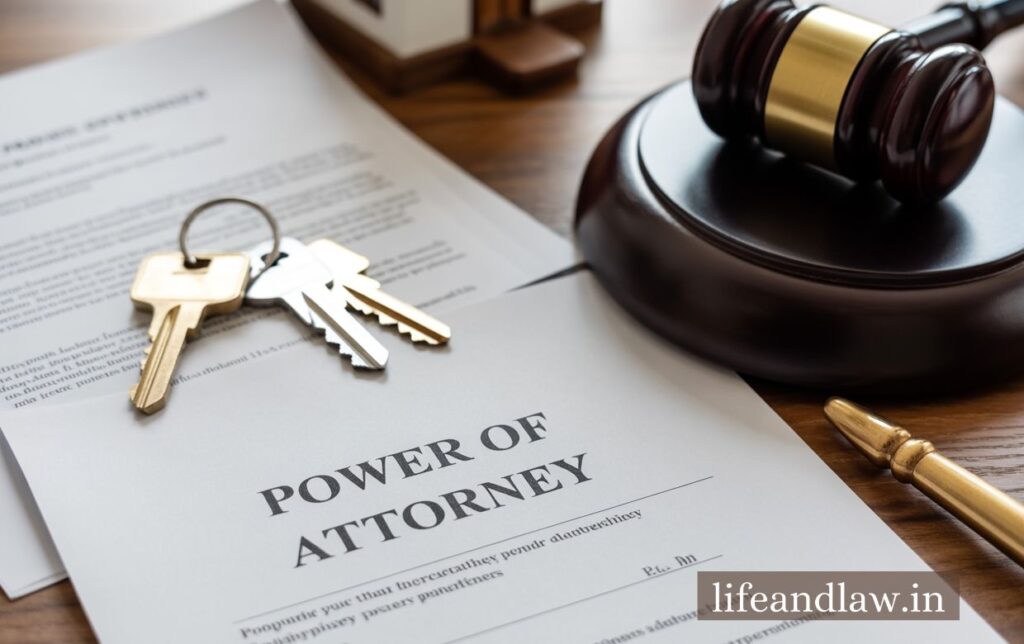Trending

In today’s fast-paced world, people frequently rely on others to handle crucial duties like financial transactions, property affairs, legal issues, or healthcare decisions, especially when they can’t be physically there.In such cases, a Power of Attorney (POA) is an essential legal tool, allowing one person to lawfully act on behalf of another.This authority can be granted indefinitely or for a limited time, depending on the circumstances.
In India, power of attorney is commonly used to handle property transactions, financial concerns, legal cases, and other personal duties.However, due to the important powers it transmits, this agreement must be drafted with clarity and caution.Misuse of a POA can have major legal and financial ramifications. This article will help you understand the various types of POAs, when they are required, and the legal laws controlling them, are critical for safe and effective operation.
The Power of Attorney Act of 1882, passed on May 1, 1882, defines and oversees the delegation of legal powers via a Power of Attorney (POA).
According to Section 1A, POA is a legal document that allows one person (attorney/donee) to act on behalf of another (donor) in legal problems.
Section 2 authorizes the donee to lawfully execute documents or actions in their own name, as if they were accomplished by the donor.
According to Section 3, if a transaction is carried out in good faith without knowledge of the donor’s death, incapacity, bankruptcy, or POA revocation, it remains legally legitimate, although impacted parties may still seek legal remedies.
Section 4 requires the original POA document to be deposited in the High Court or District Court for public inspection and certified copies to be used as legal evidence.
Section 5 grants married women the same POA rights as unmarried women.
A Power of Attorney should explicitly state the scope of the powers conferred, the validity term, the representative’s decision-making authority, and the process for revocation.
There are six primary types of Power of Attorney (POA) depending on the scope and purpose:
A Power of Attorney (POA) is necessary in several important situations:
When transferring authority through a Power of Attorney (POA), several precautions are required to prevent misuse and legal issues:
To cancel a Power of Attorney (POA), take the following steps:
Special Points to Remember
A Power of Attorney (POA) is an essential legal tool that allows others to make important decisions on your behalf while you are absent or incapacitated. However, it must be drafted and utilized with extreme caution, as granting permission to the wrong individual might result in major financial and legal implications.
A legal practitioner counsel is essential for ensuring clarity, avoiding risks, and successfully dealing with potential concerns. In the event of misuse, legal professionals can assist with revocation or other legal action. Always seek legal advice and peace of mind from a trusted lawyer, such as Adv. Abdul Mulla, who can be reached at www.asmlegalservices.in or www.lifeandlaw.in.
Adv. Abdul Mulla (Mob. No. 937 007 2022) is a seasoned legal professional with over 18 years of experience in advocacy, specializing in diverse areas of law, including Real Estate and Property Law, Matrimonial and Divorce Matters, Litigation and Dispute Resolution, and Will and Succession Planning. read more….
Copyright BlazeThemes. 2025